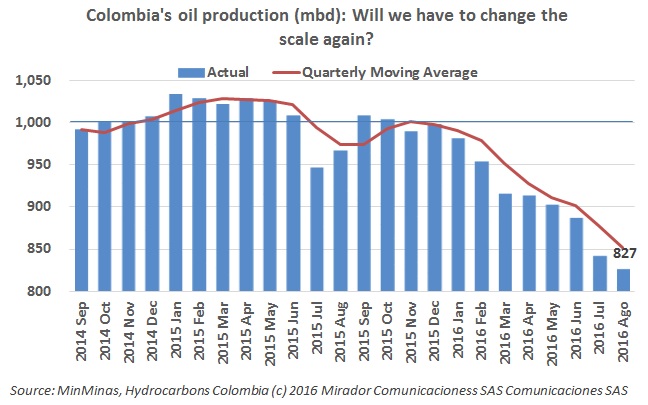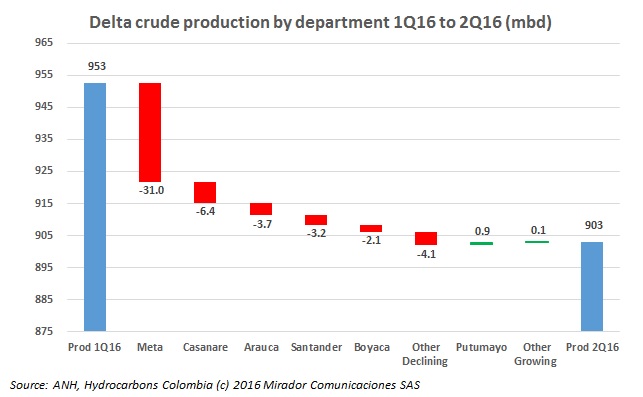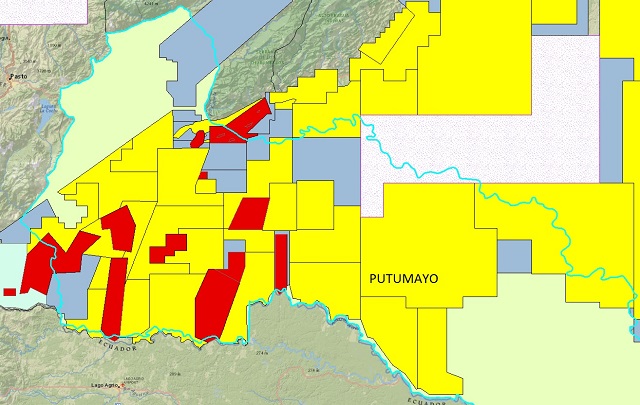Shortly after the draft was published, Norton Rose Fulbright approached us and offered to publish an overview of the 114-page document. However, the document is so long and so complex that even an overview will have to be published in installments. Here is the first piece that deals with the overarching themes, such as the fact that it would completely rewrite the most important components of the existing regulation.
The Colombian Petroleum Association (ACP) has made a list of what the sector needs to keep production constant and Colombia’s Senate held hearings to hear testimony from industry leaders and authorities, as the central government prepares for a much anticipated tax reform.
We have given plenty of attention to the scope (and gaps) of the government’s “Territorial Strategy” being executed by the National Hydrocarbons Agency to mitigate community conflict.
The Casanare Governor Alirio Barrera laid down a criticism of oil companies, which he said have taken advantage of the department, but have little interest in helping in times of crisis. The Colombian Petroleum Association (ACP) responded that operators needed a concrete plan.

The acting president of the National Hydrocarbons Agency Orlando Velandia told press that crude production for August was 827,000bd, a 1.89% drop compared to July and down 14.5% compared to the same period last year.
Ecopetrol (NYSE:EC) has been weathering a rocky sea since the fall of oil prices, but four specific problems will have to be sorted out over the coming weeks for the NOC to press on with its operation.
The Minister of Mines and Energy Germán Arce said that the government will have the hydrocarbons sector in mind when drawing up its tax reform, to accelerate and reactivate exploration activities.

The crude oil production decline in 2Q16 – which continued in July – was a surprise for some observers (including us unfortunately). We know the reason is the lack of development drilling which is letting natural declines dominate production.

Looking to end a surge of strikes in Putumayo, the Ministry of Environment (MinAmbiente) said it will lead in creating an “inter-institutional committee” for the department. The ministry said it was to deal with “inadequate hydrocarbons practices,” but its statement talked exclusively about illicit crop eradication.
Leadership of the USO met with the Labor Minister Clara López and urged the official to step in as a mediator between the national government, the union and Ecopetrol (NYSE:EC) management, ahead of a possible union strike in October.